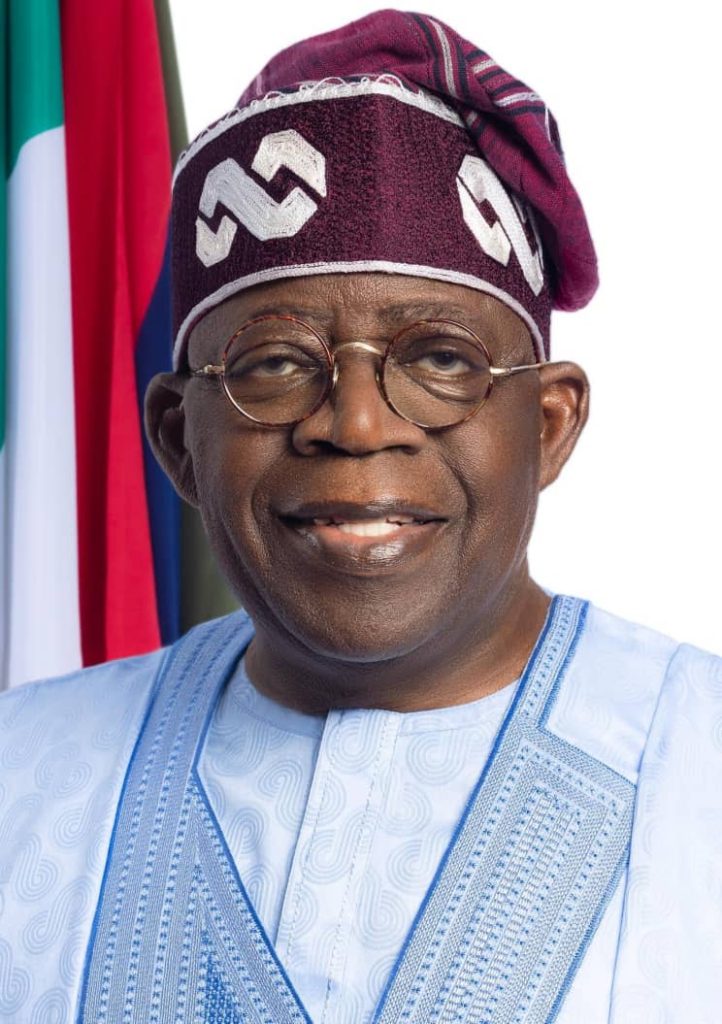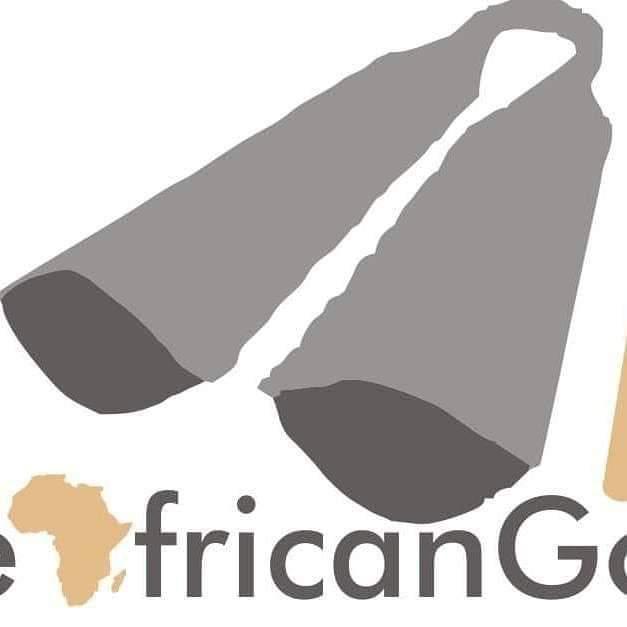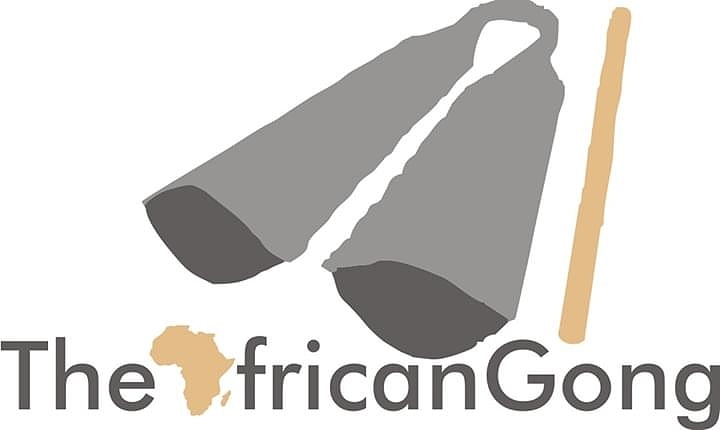
By Frank Meke
There is no denying the importance of having a strong federal agency dedicated to marketing and promoting Nigeria’s rich cultural tourism assets. From its early years as the Nigeria Tourism Board, through its rebirth as the Nigerian Tourism Development Corporation (NTDC), and now as the Nigeria Tourism Development Authority (NTDA), one fact has remained constant: Nigeria’s cultural tourism should be seen as a strategic pillar of the national economy.
Yet, the story of NTDA over the decades is one of missed opportunities, marked by leadership shortcomings and inconsistent interpretations of its mandate. Instead of evolving into a solid institution built on constitutional backing and operational efficiency, NTDA has often limped along, hostage to the whims, ambitions, and visions of its political leaders.
A review of past leadership shows that while some administrators brought flashes of progress, the most enduring legacy any leader could have left—an inspired and motivated workforce—was neglected. Sadly, NTDA today is a shadow of itself, weakened by operational missteps, politicization, and a workforce demoralized into mere survival, waiting for retirement benefits.

Governor Nasir Idris of Kebbi State recently gave voice to this frustration. He questioned why NTDA has failed to reposition the globally renowned Argungu Fishing and Cultural Festival into a driver of Nigeria’s “brown water economy.” Beyond that, the agency has not succeeded in aligning Nigeria’s diverse culinary, fishing, marriage, and cultural festivals into a coherent national calendar. The governor further lamented NTDA’s failure to complete the abandoned permanent festival grounds for the Argungu showpiece.
This is not just a Kebbi State concern. Several governors across the federation seek collaboration with NTDA to strengthen federal–state partnerships on culture and tourism. Unfortunately, the agency has often failed to register its presence in ways that could galvanize development and promote Nigeria’s tourism assets both locally and globally.
Between 2006 and 2013, deliberate attempts were made to institutionalize a framework that unified stakeholders and projected Nigerian tourism internationally. But those efforts were dismantled, leaving the workforce disillusioned and the sector adrift.
Today, nearly six months after the last Director-General vacated office, NTDA remains without decisive leadership. Experienced hands with institutional memory have also exited due to retirement, leaving a vacuum now filled by individuals more interested in seniority than competence. Without inspired leadership, the agency risks total collapse.

President Bola Ahmed Tinubu’s caution in making appointments is understandable, given the disappointment with failed ministerial picks such as Hannatu Musa Musawa and Lola Ade-John. But further delays in appointing capable leadership for NTDA are damaging. The agency needs a visionary to restore it to the relative golden years of 2006–2013 and to rebuild the confidence of stakeholders and staff alike.
Governor Idris, speaking to participants of the Senior Executive Course 47 at the National Institute for Policy and Strategic Studies in Kuru, Jos, went as far as vowing to sponsor an executive bill for Kebbi State to take over management of the Argungu Festival. Such drastic recourse underscores the depth of frustration over NTDA’s failures.
More troubling is the agency’s recent tendency to engage in turf wars with sister institutions rather than focusing on its core mandate of promoting Nigeria’s tourism and cultural heritage. This only alienates stakeholders further.

It is not too late to rescue NTDA from collapse. But time is running out. Unless urgent action is taken to inspire the workforce, reposition the agency, and reconnect with stakeholders, Nigeria risks losing an institution that should have been the engine of its cultural tourism industry.
Over to you, Mr. President. Please save NTDA from collapse and disintegration.

